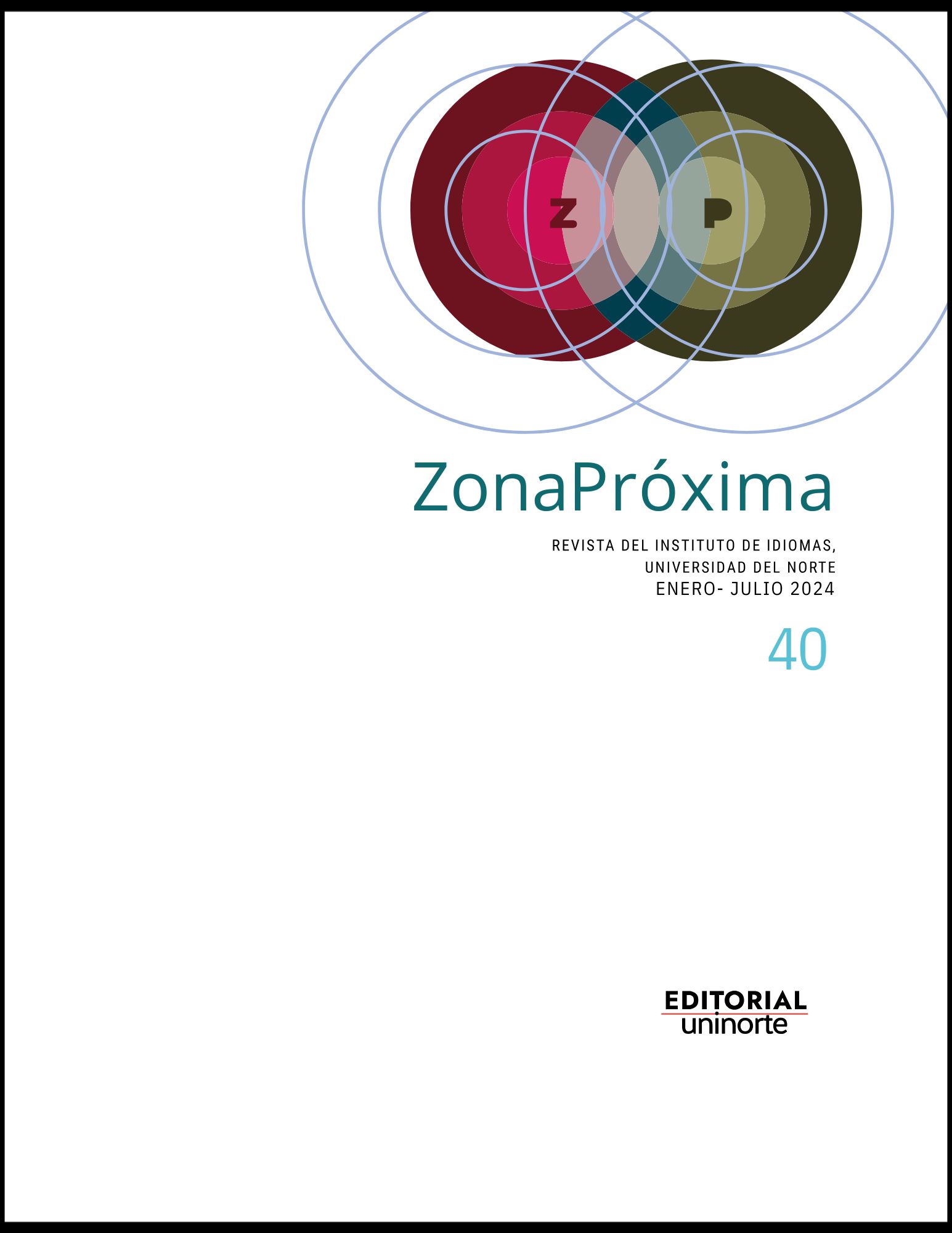Abstract
This article presents the results of an investigation carried out in the context of language teaching with the aim of approaching the beliefs that teachers have about the ‘critical’ concept, where these beliefs come from and how they incorporate activities that help the development of this concept in their classes. In order to achieve these objectives, data were collected from a qualitative methodological perspective, specifically, four in-service teachers with extensive training and experience were interviewed. The results obtained indicate the difficulty of defining the concept under study, as well as the variety of didactic proposals related to the attempt to develop the critical component in the language classroom. These results are in line with the diversity of theoretical disciplines that incorporate the critical concept, which makes it difficult for teachers to approach the concept in order to bring it coherently into the classroom in their didactic proposals.
References
Candlin, C. (1990). What happens when applied linguistics goes critical? M. Halliday, A. K. J. Gibbons & H. Nicholas (Eds.), Learning, keeping and using language, 461-486. John Benjamins. https://doi.org/10.1075/z.lkul2.32can
Cassany, D. y Castellà, J.Mª (2010). Aproximaciones a la literacidad crítica. Perspectiva, 28(2), 353-374.
Cots, J. (2006). Teaching ‘with an Attitude’: Critical Discourse Analysis in EFL Teaching. ELT Journal 60(4), 336-345.
Ellingson, L. L. (2009). Engaging crystallization in qualitative research: An introduction. Sage.
Fairclough, N. (1989). Language and Power. Longman.
Fairclough, N. (1992). Discourse and social change. PolityPress.
Fairclough, N. (1993). Critical discourse analysis and the marketization of public discourse. Discourse and society, 4, 133-168.
Fairclough, N. (1995). Critical discourse analysis. Longman.
Freire, P. (1967). La educación como práctica de la libertad. Siglo XXI Editores.
Freire, P. (1970). La pedagogía del oprimido. Siglo XXI Editores.
Giroux, H. (1990). Los profesores como intelectuales. Hacia una pedagogi?a cri?tica del aprendizaje. MEC-Paido?s.
Hymes, D.H. (1972). On Communicative Competence. J.B. Pride y J. Holmes (Eds.) Sociolinguistics. Penguin.
Leal Carretero, F. (2003). ¿Que? es cri?tico? Apuntes para la historia de un te?rmino. Revista Mexicana de Investigacio?n Educativa, 8(17), 245-261. http://www. comie.org.mx/v1/revista/portal.php?idm=es&sec=SC03&&sub=SBB&cr iterio=ART00372
López, C. y Martín Peris, E. (2010). La competencia crítica en el aula de español L2/LE: textos y contextos. J. de Santiago Guervós, H. Bongaerts, J. Sánchez Iglesias y M. Seseña Gómez (Eds.) Del texto a la lengua: la aplicación de los textos a la enseñanza-aprendizaje del español L2-LE, 507-516. ASELE.
Martín Peris, E. (2009). Nuevas perspectivas sobre la comprensión auditiva en el aula de ELE. Mosaico. Revista para la promoción y apoyo a la enseñanza del español, 24, 5-13.
Pennycook, A. (2001). Critical Applied Linguistics: A Critical Introduction. Routledge. https://doi.org/10.4324/9781410600790.
Richards, J.C.; y Lockhart, C. (1998). Estrategias de reflexión sobre la enseñanza de idiomas. Cambridge University Press.
Siegel, M. y Fernández, S. (2000). Critical approaches. M. Kamil; P. Mosenthal; P. D. Pearson y R. Barr (Eds.) Handbook of reading research. 3, 141-151. Routledge.
Wallace, C. (2003). Critical Reading in Language Education. Palgrave Macmillan.
Woods, D. (1996). Teacher cognition in language teaching : beliefs, decision-making, and classroom practice. Cambridge University Press.
Yamada, S. (2009). ‘Traditions’ and cultural production: character training at the Achimota School in colonial Ghana. History of Education, 38(1), 29-59. https://doi.org/10.1080/00467600701505102.


